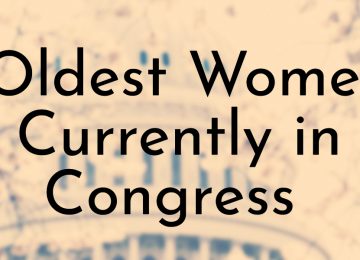The minimum age requirement for U.S. Senators is 30 years old. However, many senators, primarily in the early days of the United States, were a few years younger than 30 when they were elected to the Senate. Most of the senators on this list were 28 or 29 years old and their age was overlooked by their fellow Senators and the other branches of the government. In most cases, these young senators went on to have long and influential political careers, proving that their youth was not a hindrance to their success.
10. Samuel White (December 1770 – November 4, 1809)
Age at Start of Term: 30 years, 2 months, 27 days
Duration of Senatorship: February 28, 1801 – November 4, 1809
Political Party: n/a
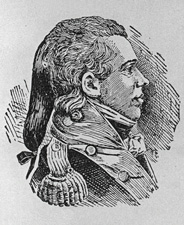
Samuel White was a little-known senator, who did not do anything really notable during his time in the U.S. Senate because he died quite young. White was selected as a U.S. Senator when he was barely 30 years old, following the resignation of Dr. Henry Latimer in 1801. He was then elected for full terms of his own in 1802 and 1808, and would serve as a Senator from February 28, 1801 until his death November 4, 1809.
Before the Senate, White earned a law degree and served two years as a captain in the United States Army. White was a member of the Federalist party.
Did You Know?
Samuel White’s father, Judge Thomas White, was a member of the colonial Maryland legislature, the Delaware House of Assembly, the Chief Justice of the Kent County Court of Common Pleas, and delegate to the Delaware Constitutional Conventions of 1776 and 1792.
9. Russell Long (November 3, 1918 – May 9, 2003)
Age at Start of Term: 30 years, 1 month, 28 days
Duration of Senatorship: December 31, 1948 – January 3, 1987
Political Party: Democratic
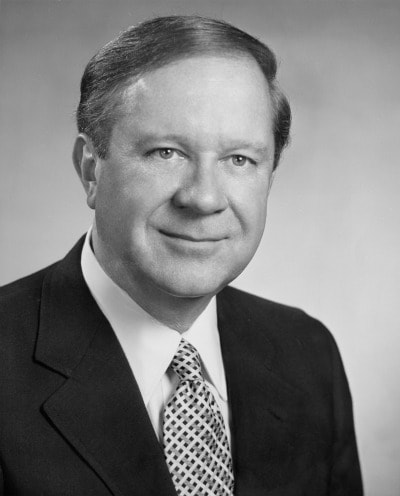
Russell Long is another politician, who began his career at a young age and went on to spend decades in various government positions. Long had earned a law degree, but entered the United States Navy Reserve in 1942, during World War II. He did not return from the war until 1947 and Long intended to finally start practicing law. However, Long entered politics when his uncle, Earl Long, Governor of Louisiana, appointed him as his executive counsel.
A year later, Russell Long g was elected to fill the U.S. Senate vacancy created by the death of John Overton. Long served as a senator until 1987 and he held the position of Chair of the Senate Finance Committee and Senate Majority Whip.
Did You Know?
Russell Long was well-liked among his constituents and his colleagues in the Senate. Long was was voted the most effective chairman and most effective debater by his colleagues in a US News and World Report survey in 1980.
8. Joe Biden (November 20, 1942 – Present)
Age at Start of Term: 30 years, 1 month, 14 days
Duration of Senatorship: January 3, 1973 – January 15, 2009
Political Party: Democratic

In addition to being on the youngest U.S. senators ever, Joe Biden is currently the oldest person to ever serve as President of the United States. Unlike mos to the other senators on this list, Biden did not hold prior office before being elected to the U.S. Senate. Biden was working as a lawyer before he was elected to the United States Senate from Delaware in 1972, at the age of 29.
As we all know, Biden had a long Senate career, which lasted until 2009 when became the 49th Vice President of the United States. After his term as vice president was over, Biden became a professor at the University of Pennsylvania and politics took a backseat. However, Biden re-entered the fray in 2019 when official launched his presidential campaign.
Did You Know?
Over his long political career, Joe Biden ran for president two times before finally winning in 2020; he first ran for president in 1987 and again in 2008.
7. William H. Wells (January 7, 1769 – March 11, 1829)
Age at Start of Term: 30 years, 10 days
Duration of Senatorship: January 17, 1799 – November 6, 1804; May 28, 1813 – March 3, 1817
Political Party: Federalist
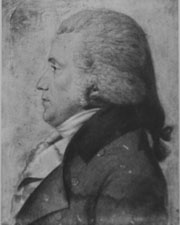
William H. Wells began his political career representing Sussex County in the Delaware General Assembly. In 1799, Wells was elected as Federalist to the U.S. Senate to fill the vacancy caused by the death of Joshua Clayton. Wells served until 1804 and was elected again to the Senate in 1813. He left politics in 1820, after serving one last session in the Delaware House of Representatives.
Before becoming a politician, Wells worked as a lawyer. Wells continued to practice law while serving as a politician and returned to his law career following his exit from politics.
Did You Know?
Actor, playwright and director Orson Welles was a great-great-grandson of William H. Wells.
6. Rush Holt Sr. (June 19, 1905 – February 8, 1955)
Age at Start of Term: 30 years, 2 days
Duration of Senatorship: June 21, 1935 – January 3, 1941
Political Party: Democratic
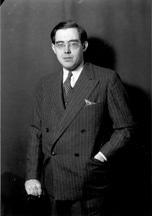
Rush Holt Sr. was one of the youngest U.S. Senators in modern American history. Holt was elected in 1934 when he was only 29 years old. Because he did not meet the constitutional age requirements for a senator, Holt was not sworn in until after his 30th birthday in June 1935. Holt was the youngest person ever popularly elected to the U.S. Senate.
As a senator, Holt was a staunch isolationist and often supported antiwar causes. These views made Holt unpopular with his constituents and he was not re-elected to the Senate. Before being elected to the Senate, Holt was a member of the West Virginia House of Delegates. Holt returned to the West Virginia House of Delegates following his time as a senator.
Did You Know?
Following Rush Holt Sr.’s death in 1955, his wife, Helen F. Holt, filled Holt’s unexpired term in the West Virginia House of Delegates. She was then appointed Secretary of State, becoming the first woman to hold high office in West Virginia.
5. Henry Clay (April 12, 1777 – June 29, 1852)
Age at Start of Term: 29 years, 8 months, 17 days
Duration of Senatorship: December 29, 1806 – March 3, 1807; (served three additional nonconsecutive terms)
Political Party: Democratic-Republican
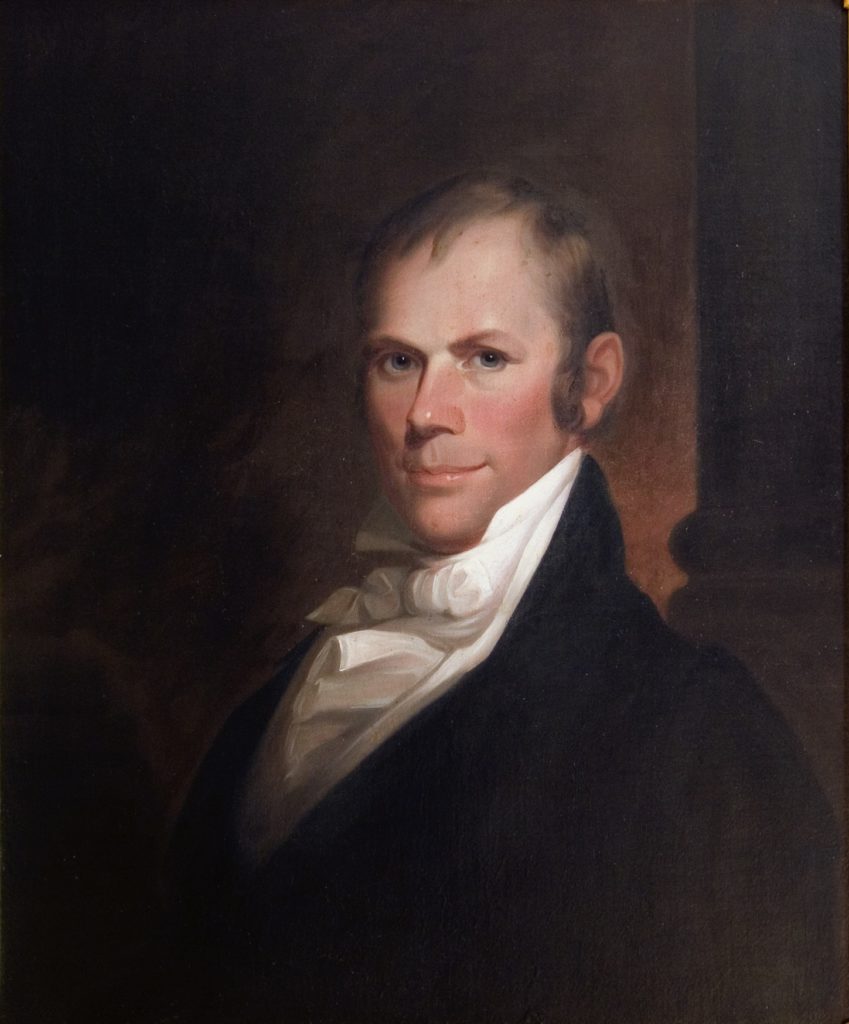
Although he was never able to secure the presidency, Henry Clay is well-known for his distinguished political career. As a young man, Clay worked as a clerk at the Virginia Court of Chancery, where he earned the attention of professor George Wythe, a signer of the Declaration of Independence, mentor of Thomas Jefferson, and judge on Virginia’s High Court of Chancery. Through his connections with Wythe, Clay became a lawyer, and subsequently a politician.
Clay began his political career in 1803 as a member of the Kentucky state legislature. His influence in Kentucky politics was so strong, that the Kentucky legislature elected him to the United States Senate when he was just 29. This first term only lasted for a few months, but Clay later served three additional terms as a U.S. Senator. Clay was also a member of the U.S. House of Representatives and served as the seventh House Speaker as well as the ninth Secretary of State. Although Clay did receive electoral votes for president in the 1824, 1832, and 1844 presidential elections, he never successfully secured the presidential nomination.
Did You Know?
Three events in American political history have been called a “corrupt bargain” and Henry Clay is involved in one of them. Because there was no clear winner in the 1824 presidential election, Clay – who was a nominee and the Speaker of the House at the time – gave his support to John Quincy Adams, who won and then selected Clay to serve as his Secretary of State.
4. Thomas Worthington (July 16, 1773 – June 20, 1827)
Age at Start of Term: 29 years, 8 months, 16 days
Duration of Senatorship: April 1, 1803 – March 3, 1807; December 15, 1810 – December 1, 1814
Political Party: Democratic-Republican
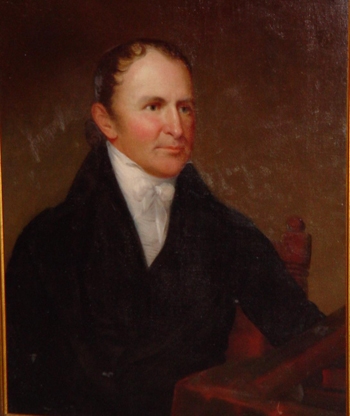
Thomas Worthington entered politics in his mid-20s, starting as a member of the Territorial House of Representatives. Before Ohio became an official state, Worthington was sent to the State Constitutional Convention in 1802, which granted Ohio its statehood. The following year, Worthington was elected as one of the first U.S. senators from Ohio, at the age of 29.
Worthington had a second go at the U.S. Senate in 1810 and served until 1814 when he was elected the 6th Governor of Ohio. After serving as a governor, Worthington worked as the canal commissioner from 1818 until his death in 1827.
Did You Know?
Due to his role in at the State Constitutional Convention, Thomas Worthington was known as the “Father of the Ohio statehood.”
3. John Crittenden (September 10, 1787 – July 26, 1863)
Age at Start of Term: 29 years, 5 months, 24 days
Duration of Senatorship: March 4, 1817 – March 3, 1819; (served three additional nonconsecutive terms)
Political Party: Democratic-Republican
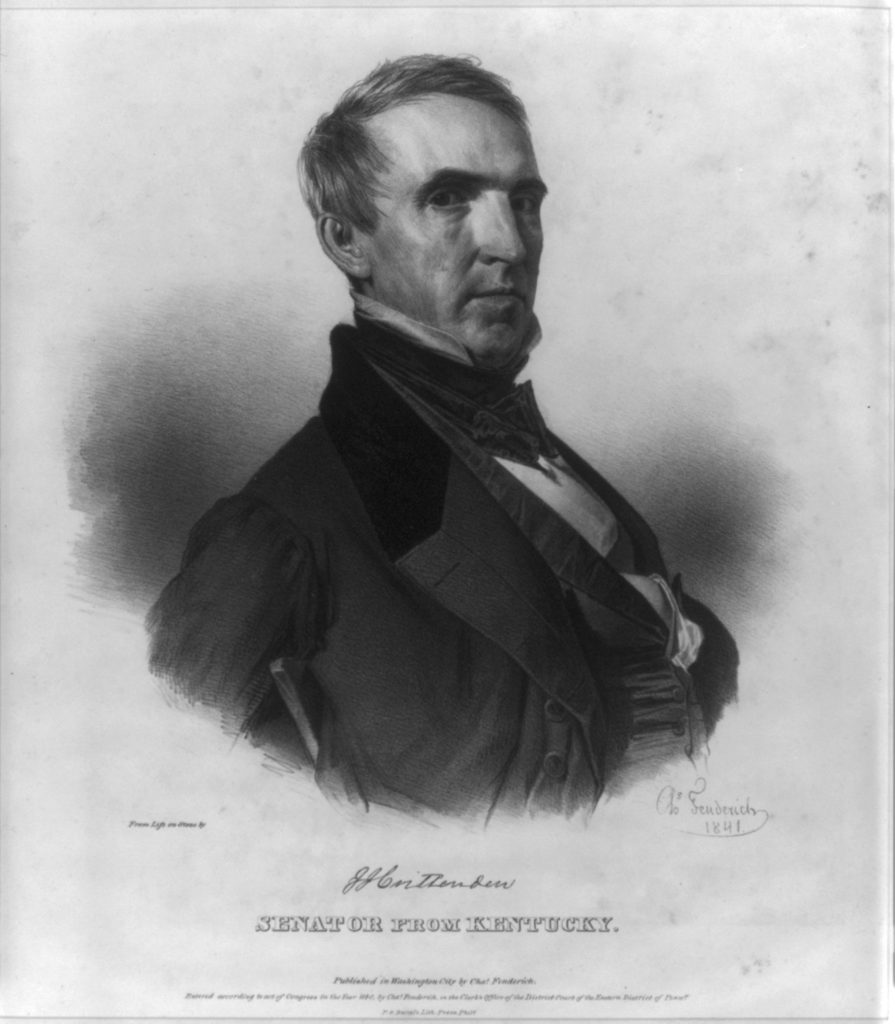
John Crittenden had a long political career, which began in 1817 when he was just 29 years old and elected to the U.S. Senate. Crittenden held several different offices over the next few decades and even served as a senator for three additional nonconsecutive terms. He was well-liked and frequently mentioned as a potential presidential candidate. However, Crittenden never consented to run for the presidency.
In addition to serving as a senator four times, Crittenden was a member of the U.S. House of Representatives, served as United States Attorney General twice, and was the 17th Governor of Kentucky. Throughout his life, Crittenden changed political parties often. Initially, he was a Democratic-Republican, then he was a National Republican, Whig, a Know Nothing, and a Unionist.
Did You Know?
During the American Civil War, one of John Crittenden’s sons served as a general in the Confederate Army and another son was a general in the Union Army.
2. Armistead Mason (August 4, 1787 – February 6, 1819)
Age at Start of Term: 28 years, 4 months, 30 days
Duration of Senatorship: January 3, 1816 – March 4, 1817
Political Party: Democratic-Republican
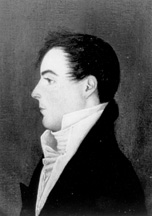
Armistead Mason is another historical U.S. Senator who was younger than the senator age requirement, which is 30 years. Mason was just a day younger than the youngest U.S. Senator ever, John Eaton; both were 28 when they were elected to the Senate. Hailing from Virginia, Mason initially pursued agriculture, but he joined the Virginia Volunteers during the War of 1812. Mason eventually rose to the rank of brigadier general of the Virginia Militia.
Mason was elected to fill the vacancy caused by the resignation of William Branch Giles. Although he was interested in continuing his political career, Mason unsuccessfully ran for re-election in 1817. Mason’s campaign was hard fought and it led to many duels. Unfortunately, Mason had a penchant for duels and he was killed in a duel with his second cousin, John Mason McCarty.
Did You Know?
Armistead Mason was the son of Stevens Thomson Mason, who was also a U.S. Senator from Virginia.
1. John Eaton (June 18, 1790 – November 17, 1856)
Age at Start of Term: 28 years, 4 months, 29 days
Duration of Senatorship: November 16, 1818 – March 8, 1829
Political Party: Democratic-Republican
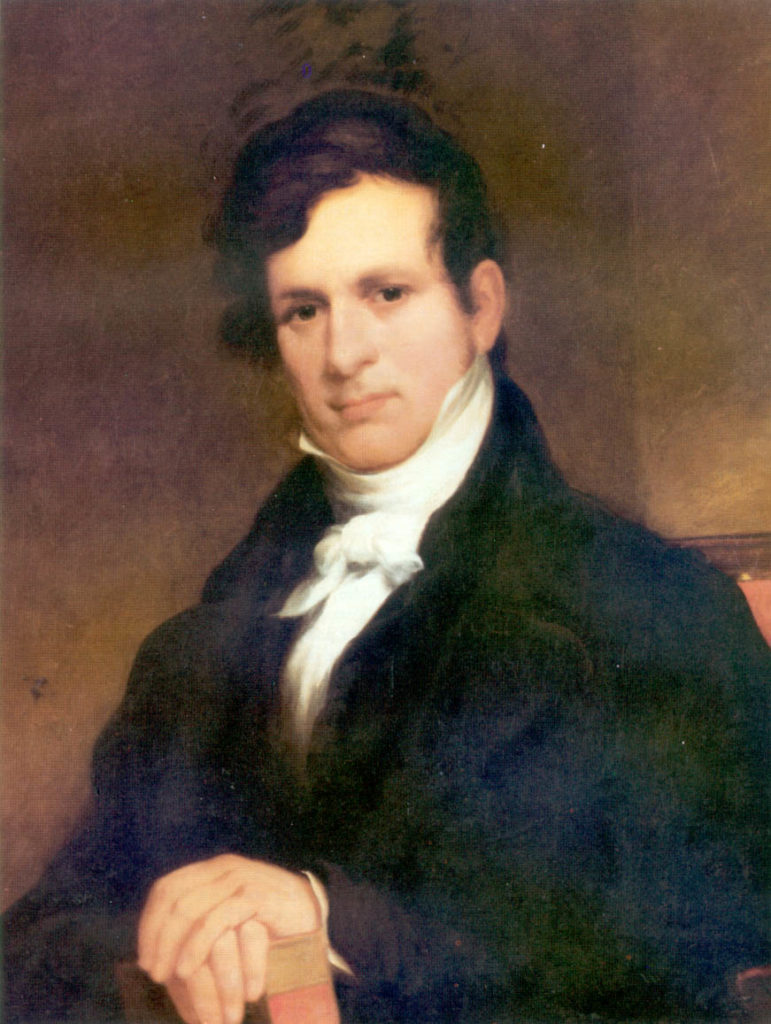
John Eaton was 28 years, 4 months, 29 days old when he entered the Senate, making him the youngest U.S. Senator in history. Eaton had come from a family that was involved in politics and the military and he decided to follow in their footsteps from a young age. After becoming a lawyer, Eaton became active in the Tennessee militia, and attained the rank of major. Eaton developed a close relationship with Andrew Jackson and aided him during the Creek War and the War of 1812.
Following his military service, Eaton was a member of the Tennessee House of Representatives from 1815 until he was elected to the U.S. Senate in 1818. Eaton resigned from the Senate in 1829 to accept the position of Secretary of War under Andrew Jackson’s administration. He also served as the Governor of Florida Territory and U.S. Minister to Spain.
Did You Know?
Although the U.S. Constitution requires that all senators be at least 30 years old, John Eaton’s young age was overlooked, which was common in the early years after the creation of the United States.






